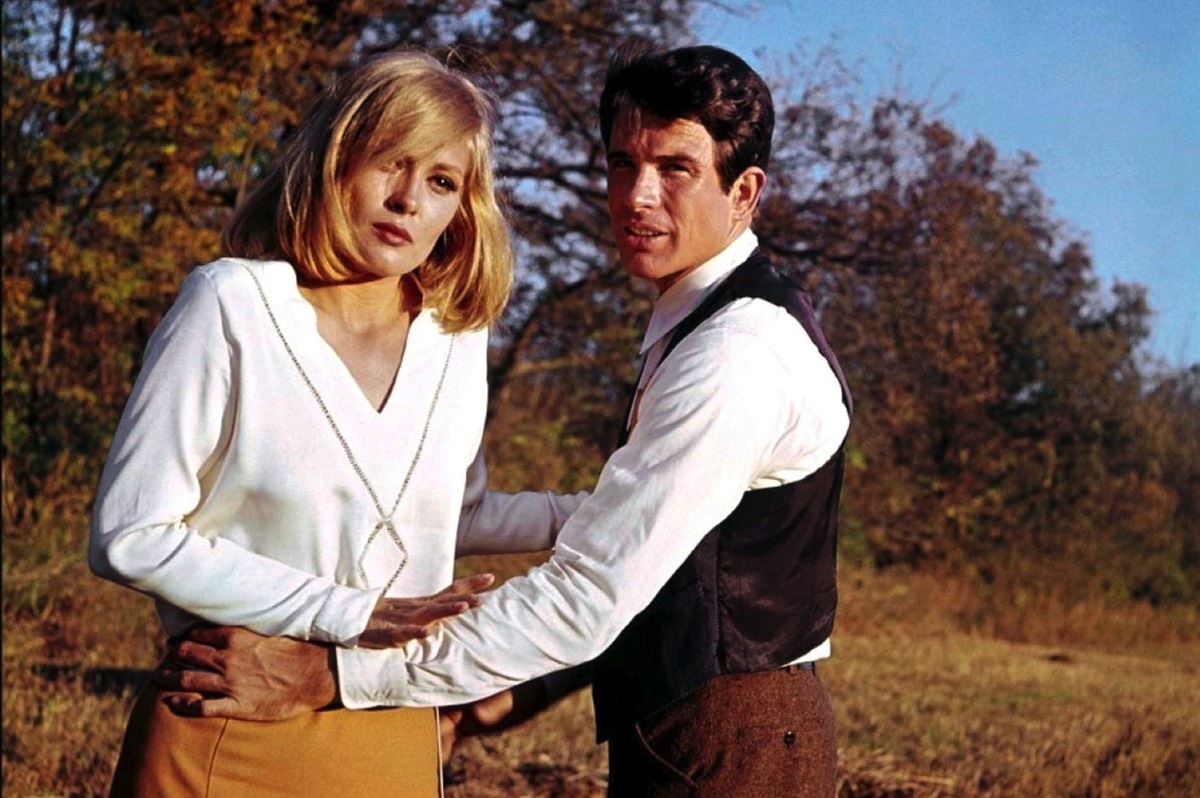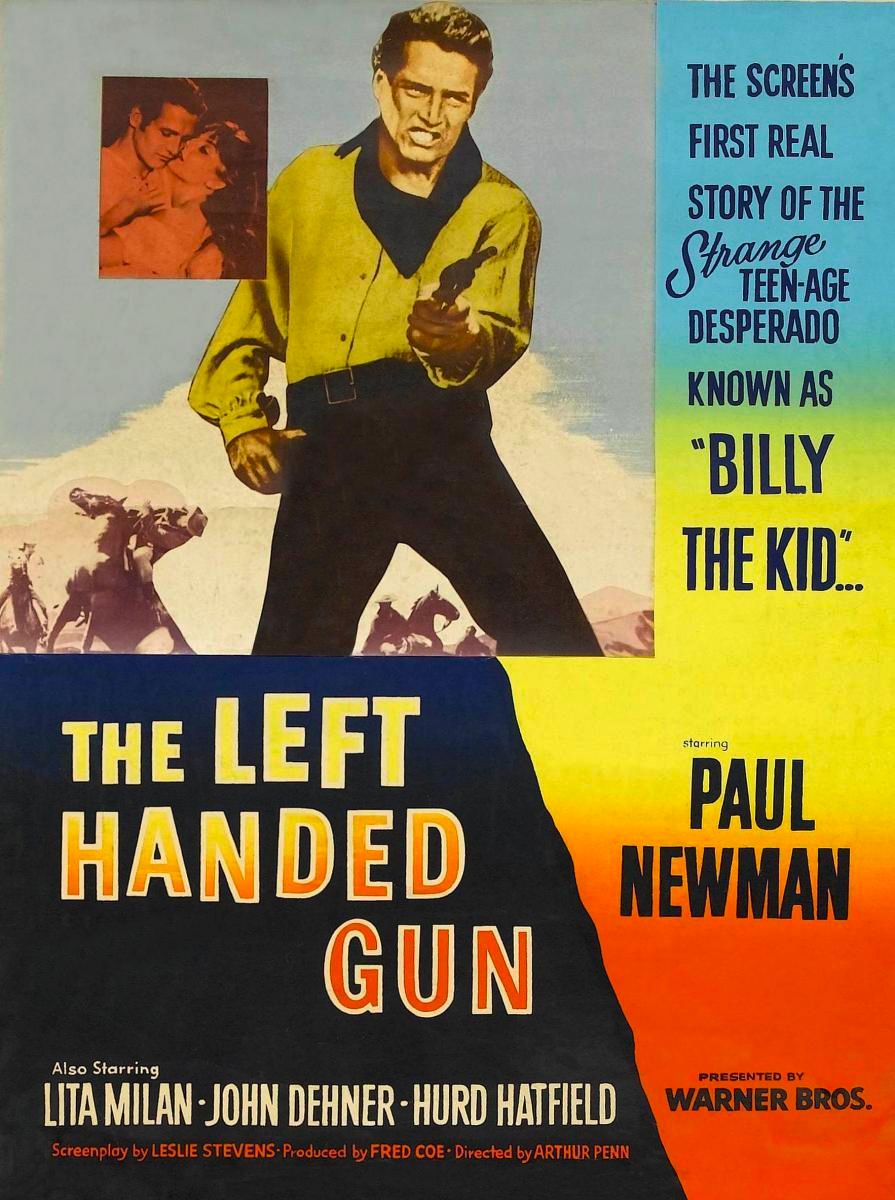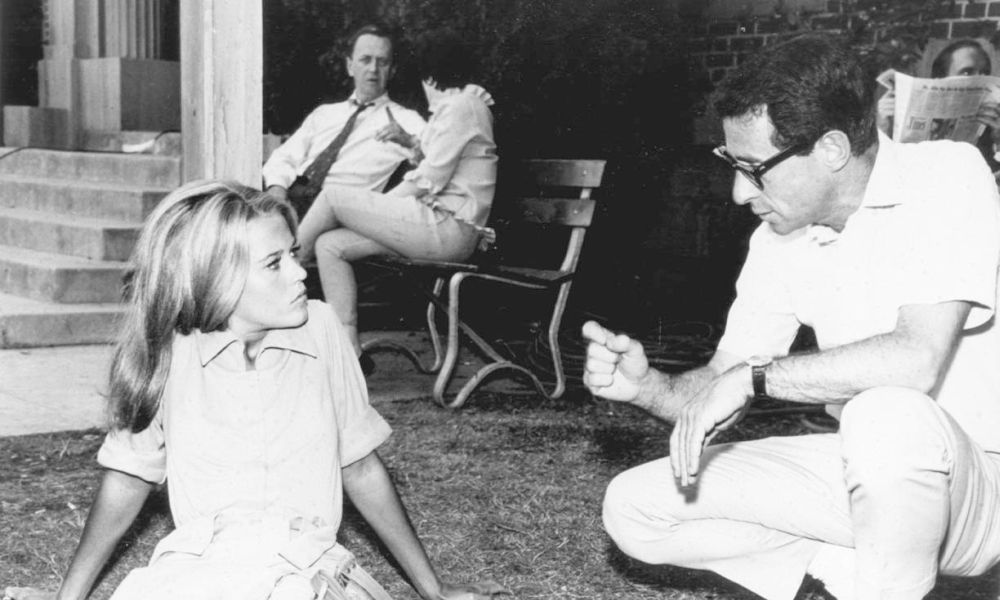“Penn’s use of lighting and sound are stylistically and intellectually sophisticated, but it his themes, rather than his style, which empowers his oeuvre. Using myth, violence and moral ambiguity, Penn often deals with contemporary issues through the lives of social outcasts.” - Mary C. Johnson (The Virgin International Encyclopedia of Film, 1992)
Arthur Penn
Key Production Country: USA
Key Genres: Drama, Western, Revisionist Western, Biography, Comedy Drama, Gangster Film
Key Collaborators: Dede Allen (Editor), George Jenkins (Production Designer), Warren Beatty (Leading Actor), Marlon Brando (Leading Actor), Faye Dunaway (Leading Actress), Gene Hackman (Leading Actor), Hurd Hatfield (Leading Actor), Robert M. Sherman (Producer), Fred Coe (Producer), Ghislain Cloquet (Cinematographer), Aram Avakian (Editor), Jeff Corey (Leading Character Actor)
Key Genres: Drama, Western, Revisionist Western, Biography, Comedy Drama, Gangster Film
Key Collaborators: Dede Allen (Editor), George Jenkins (Production Designer), Warren Beatty (Leading Actor), Marlon Brando (Leading Actor), Faye Dunaway (Leading Actress), Gene Hackman (Leading Actor), Hurd Hatfield (Leading Actor), Robert M. Sherman (Producer), Fred Coe (Producer), Ghislain Cloquet (Cinematographer), Aram Avakian (Editor), Jeff Corey (Leading Character Actor)
"Although his contribution to the depiction of film violence in Bonnie and Clyde (1967) was indeed startling and groundbreaking, Arthur Penn, like Sam Peckinpah, should be seen as something other than a filmmaker preoccupied with bloodshed. Arthur Penn is a skilled dramatist who, like other innovators in screen violence, offered moral and other lessons about the prominence of violence in American life… Still, Bonnie and Clyde is no doubt the film most associated with Penn, for it was a landmark in American cinema." - Christopher Sharrett (Schirmer Encyclopedia of Film, 2007)
"For a stage director whose work suffers from an oppressive literalness of effect, Penn has revealed a distinctive flair for the cinema. The intense physicality of the performances in his films serves to counterbalance a strained reading of lines. A director of force rather than grace, Penn may yet reassert the plastic role of the actor in the scheme of things. Be that as it may, The Left-Handed Gun remains a tribute to the director's gifts of improvisation." - Andrew Sarris (The American Cinema, 1968)

Bonnie and Clyde (1967)
"Penn is the classic example of a fine director touching his peak, wobbling a little, re-finding himself, and then going, completely off the boil... There are too few directors of Penn's particular talent around today and it is something of a tragedy that either Hollywood, or the sum of his own particular idiosyncrasies, has let him down." - Mario Reading (The Movie Companion, 2006)
"Arthur Penn was, in his heyday, one of the most complex and interesting figures in American cinema. Like all great artists, his passionate involvement in what he was doing led to work that was among the most resonant and deeply felt of the time, and the (thematic and institutional) tensions on which his films are built – American versus European filmmaking, facade versus reality, instinct versus rationality – have kept that work interesting, even vital, to this day. And whilst he never created what one could refer to as ”the Arthur Penn style”, his thematic preoccupations have more than qualified him for auteur status." - Adam Bingham (Senses of Cinema, 2003)
"American director who has made an interesting variety of films, some of them very fine - but only 13 in 30 years... Since Bonnie and Clyde, Penn has not proved to be a major figure at the box office; his films are always fascinating, even exciting, in concept and casting, but sometimes lacking in fulfilment." - David Quinlan (Quinlan's Illustrated Guide to Film Directors, 1999)
"The alienation of modern man in society, and the breaking of myths and legends are the subjects of Penn's most effective films." - William R. Meyer (The Film Buff's Catalog, 1978)
“An often remarkable director, whose best films deal provocatively and intelligently with the role of the outsider and the destructive power of myth in American culture.” - Leonard Maltin's Movie Encyclopedia, 1995
“From the mid-1960s to the mid-1970s, Arthur Penn was one of the most exciting, stimulating, and unpredictable directors in U.S. films. Then, for no discernible reason, he lost it, and since then his films have been sporadic and unremarkable.“ - Philip Kemp (501 Movie Directors, 2007)
Selected Filmography
{{row.titlelong}}
GF Greatest Films ranking (★ Top 1000 ● Top 2500)
T TSPDT N 1,000 Noir Films
R Jonathan Rosenbaum S Martin Scorsese
T TSPDT N 1,000 Noir Films
R Jonathan Rosenbaum S Martin Scorsese
Arthur Penn / Fan Club
Mike Figgis, Gary Crowdus, Martin Scorsese, Annemarie Jacir, Fabien Baumann, Dominik Graf, Guy Lodge, Michael Dwyer, Alexandre Astruc, Chuck Rudolph, Yukichi Shinada, Sérgio Alpendre.
Mike Figgis, Gary Crowdus, Martin Scorsese, Annemarie Jacir, Fabien Baumann, Dominik Graf, Guy Lodge, Michael Dwyer, Alexandre Astruc, Chuck Rudolph, Yukichi Shinada, Sérgio Alpendre.
"Fan Club"
These film critics/filmmakers have, on multiple occasions, selected this director’s work within film ballots/lists that they have submitted.
These film critics/filmmakers have, on multiple occasions, selected this director’s work within film ballots/lists that they have submitted.


